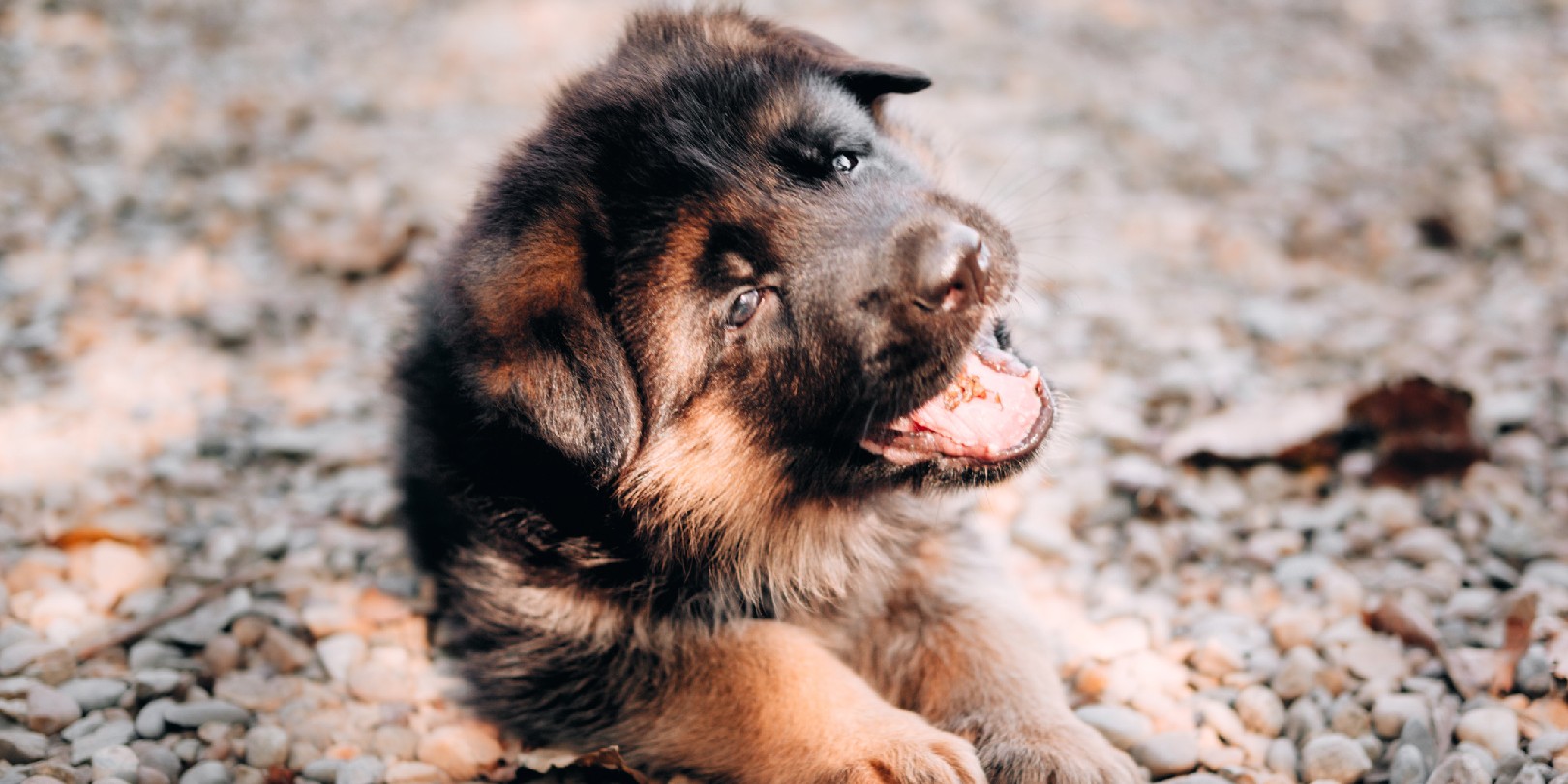Doggie Dental Care: Do Dogs Lose Baby Teeth?

As a pet owner, you want to ensure that your furry friend stays healthy and happy. One crucial aspect of pet health is dental hygiene, but many pet owners neglect it. Just like humans, dogs can also experience dental problems that can lead to discomfort, pain, and systemic health issues. In this blog, we’ll explore the importance of doggie dental care, including if dogs lose baby teeth, why dental care is essential, and how to take care of your dog’s teeth. From brushing to regular dental check-ups, we’ll cover everything you need to know to keep your furry friend’s pearly whites healthy and clean. So, if you want to give your pet the best possible care, read on and discover the importance of doggie dental care!
When Do Dogs Lose Their Baby Teeth?
Dogs start developing baby teeth at around two to four weeks old. By six to eight weeks old, they should have a full set of 28 deciduous teeth. These baby teeth are much smaller and softer than adult teeth and are meant to fall out to make way for permanent teeth.
Between three to six months old, a dog’s baby teeth will start to fall out, making room for their adult teeth. The process of losing baby teeth is known as exfoliation. It typically starts with the incisors, followed by the canines and premolars. The molars usually fall out last, at around six to eight months old.
Do All Dogs Lose Their Baby Teeth?
Most dogs will lose their baby teeth, but there are some exceptions. Certain breeds, such as Chihuahuas and Yorkshire Terriers, may retain some or all of their baby teeth. This condition is known as retained deciduous teeth. It can lead to overcrowding, misalignment, and other dental issues.
If you suspect that your dog has retained baby teeth, it’s important to consult with your veterinarian. They can perform a dental exam and take X-rays to determine if any teeth need to be removed.
Why Is Dental Care Important for Dogs?
Dental care is just as important for dogs as it is for humans. Neglecting your dog’s dental hygiene can lead to a host of problems. Some of the issues include bad breath, gum disease, tooth decay, and bacterial infections. Regular dental check-ups, brushing your dog’s teeth, and providing dental chews and toys can help prevent these problems and keep your furry friend healthy and happy.
How to Take Care of Your Dog’s Teeth
Brush Their Teeth
Brushing your dog’s teeth is the most effective way to remove plaque and prevent dental problems. Use a dog toothbrush and dog toothpaste. Start by letting your dog sniff and taste the toothpaste, then slowly introduce the toothbrush. Brush their teeth in a circular motion, focusing on the gum line. Aim to brush your dog’s teeth at least twice a week.
Provide Dental Chews and Toys
Dental chews and toys can help keep your dog’s teeth clean and healthy. Look for products that are designed to promote dental health and reduce plaque and tartar buildup. Avoid giving your dog anything too hard or small that they could choke on.
Schedule Regular Dental Check-Ups
Regular dental check-ups can help catch any dental issues early on and prevent them from getting worse. Your veterinarian can perform a dental exam and recommend any necessary treatments or preventative measures.
Conclusion
Dogs do lose their baby teeth, and it’s important to take care of their dental hygiene to prevent dental problems. Remember to brush your dog’s teeth, provide dental chews and toys, and schedule regular dental check-ups with your veterinarian. By taking care of your dog’s teeth, you can help them maintain good oral health and prevent a host of dental issues down the line.
